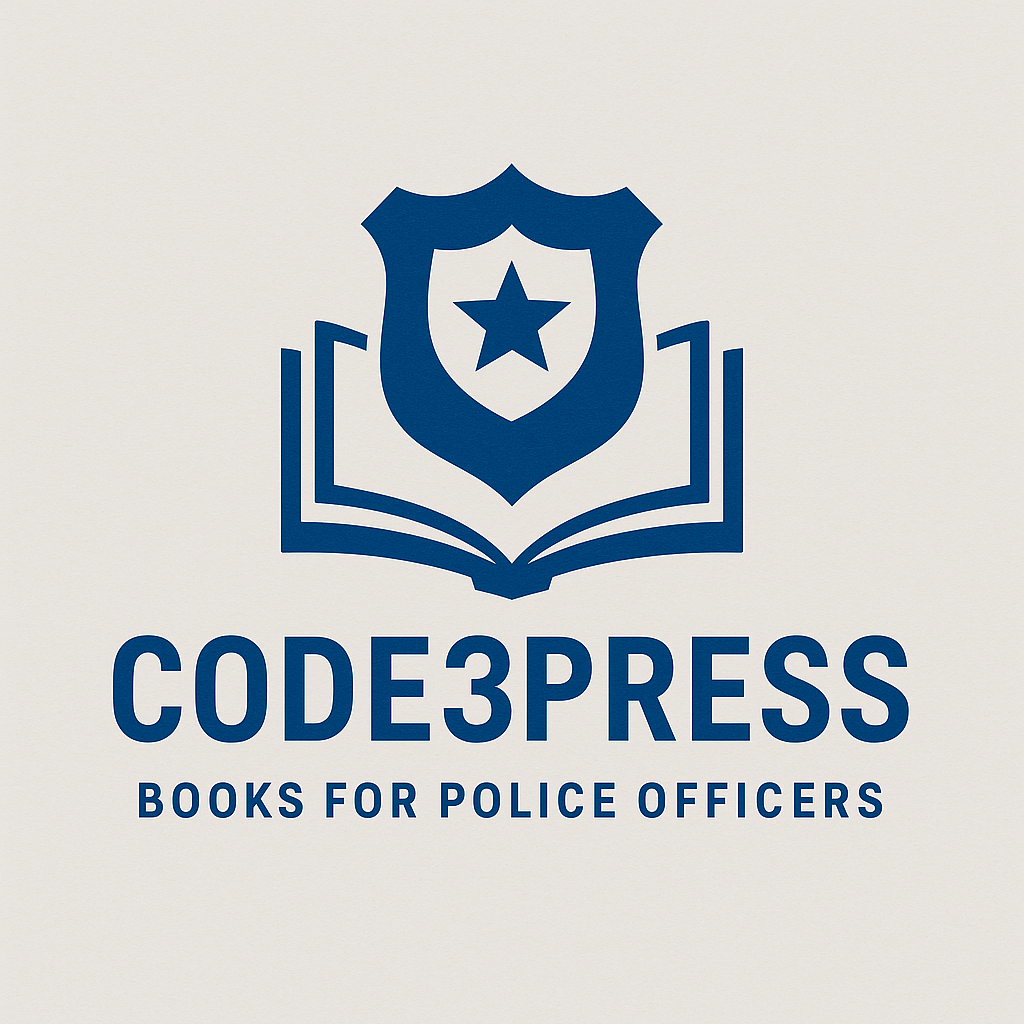How to Pass the Canadian Police Entrance Exam: Study Guide & Prep Tips
Becoming a police officer in Canada is a competitive process. Thousands of applicants apply every year, but only a fraction make it through. One of the biggest hurdles is the police entrance exam — whether it’s the APCAT in Alberta, the RPAB for the RCMP, or the OACP testing in Ontario. These exams are designed to test your language skills, memory, logic, math, and decision-making under pressure.
The good news? Success is absolutely within reach if you prepare the right way.
Why Preparation Beats “Winging It”
Too many applicants walk into their exam thinking their natural ability will be enough. The reality is that police entrance exams are timed, structured, and intentionally stressful. If you don’t know the format, you’ll waste precious minutes just figuring out the rules. Worse, nerves will get the best of you.
Preparation gives you two major advantages:
Confidence: You’ve seen the types of questions before, so nothing feels new.
Speed: Practice helps you move quickly and efficiently under time limits.
Common Mistakes Applicants Make
Not practicing under exam conditions (time limits + distractions).
Ignoring math and logic because “I’ll be fine” — then running out of time.
Skipping memory recall practice, which is one of the biggest exam killers.
Neglecting physical fitness until the last minute. Police services expect you to be fit from day one.
These mistakes are avoidable if you commit to a plan.
Smart Strategies That Work
Take practice tests often. Simulate the real exam as closely as possible. This builds stamina and reveals weak areas.
Break study into short sessions. Police work requires focus — practice with 20–30 minute bursts of study instead of long, unfocused marathons.
Master situational judgment questions. These are designed to test your ethics, fairness, and decision-making. There isn’t always one right answer, but there are clearly wrong ones.
Prepare physically now. Don’t wait until you’re invited to testing. A structured 12–16 week fitness program makes sure you’re ready for the physical side of training.
Practice interview answers. The STAR method (Situation, Task, Action, Result) is standard. Writing your stories out and saying them out loud builds confidence.
Why Practice Tests Are Your Secret Weapon
Every successful police applicant I’ve seen shares one thing: they didn’t just read about the test — they wrote dozens of practice questions.
You learn to manage your time.
You recognize the traps built into exam questions.
You lower test-day anxiety because it feels like just another practice round.
At Code3Press, we’ve built full-length Canadian police practice exams that mirror the real thing. You can write them as many times as you want, track your progress, and sharpen your skills until the exam feels routine.
Final Word: Train Like a Recruit, Not an Applicant
If you want to wear the badge, you can’t just hope you’ll pass. You need to train like a recruit before you’re hired. That means preparing your mind, body, and confidence now — not later.
That’s why Code3Press exists: to give you everything you need in one place. From 12 unique practice exams and interview prep courses to a 16-week physical training plan, we’ve helped candidates across Canada succeed.
Don’t wing your future. Prepare with the right tools, train smart, and set yourself apart from the competition.
👉 Join Code3Press Membership Today and start your path to becoming a police officer.
